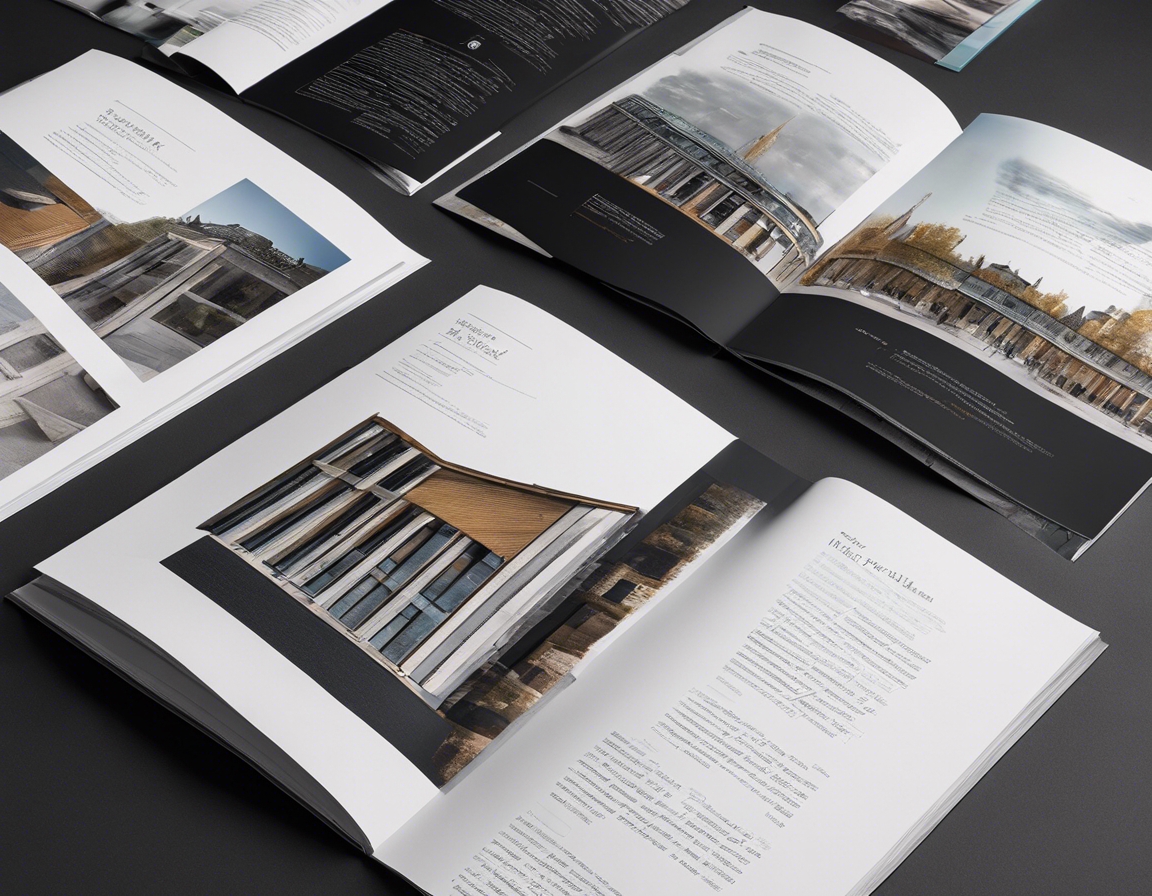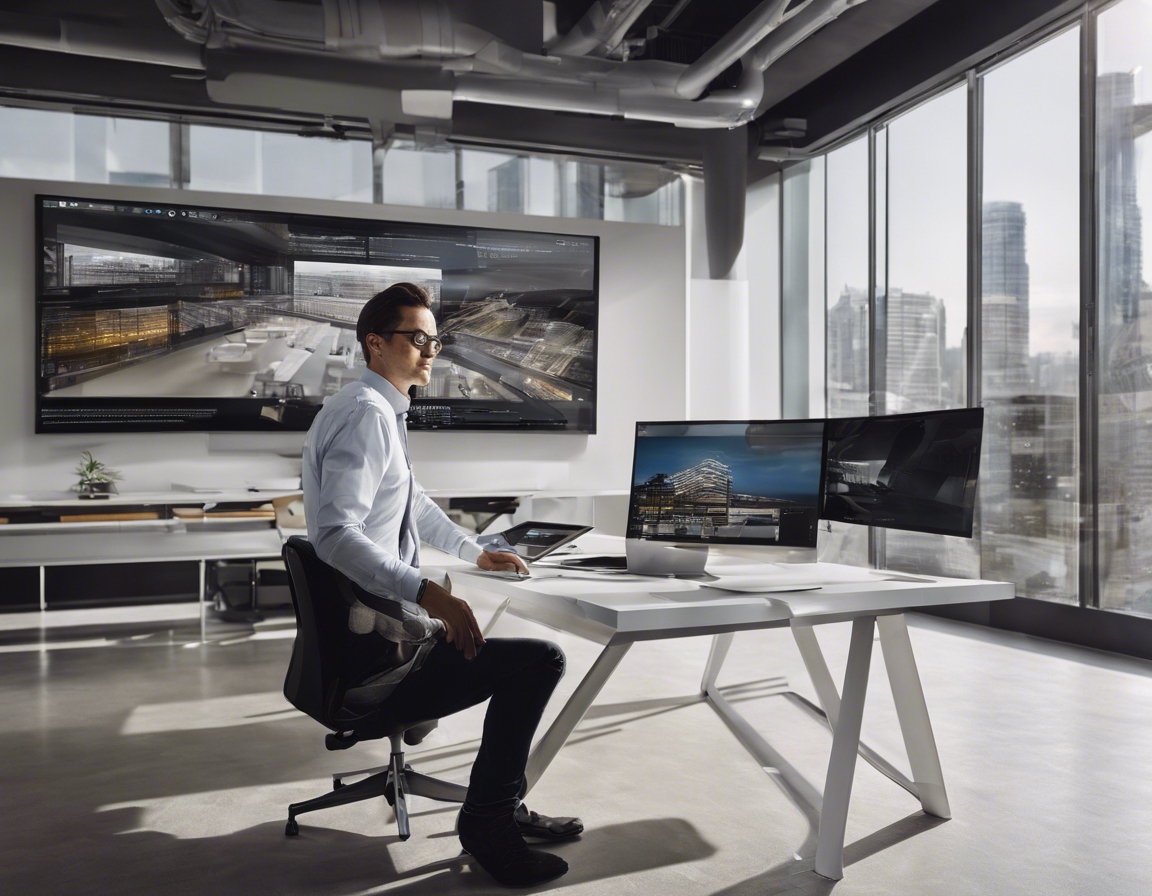Innovative urban planning for modern cities
Urban planning is a technical and political process concerned with the development and design of land use and the built environment, including air, water, and the infrastructure passing into and out of urban areas such as transportation, communications, and distribution networks. The evolution of urban spaces has been marked by the changing needs of society, and today's urban planners face a myriad of challenges as they strive to create livable, sustainable, and resilient cities.
From the grid patterns of ancient cities to the sprawling suburbs of the 20th century, urban spaces have continuously evolved. The modern city is an amalgamation of history, culture, and innovation, reflecting the diverse needs and technologies of its inhabitants.
Today's urban planners must navigate complex issues such as population growth, climate change, economic disparities, and the need for sustainable resources. Balancing these challenges with the demands for housing, workspaces, and quality of life is a delicate task that requires innovative thinking and strategic planning.
Principles of Innovative Urban Planning
Engaging the community in the planning process is essential for creating spaces that reflect the needs and desires of its residents. Innovative urban planning prioritizes stakeholder input and collaborative design processes.
Planning for sustainability involves minimizing environmental impact and ensuring that urban developments can withstand future challenges. Resilience is about preparing cities to recover from adverse events and maintain functionality.
Advancements in technology and data analysis are revolutionizing urban planning. Smart city initiatives and data-driven insights allow for more efficient resource management and better decision-making.
Key Elements of Innovative Urban Design
Integrating green spaces into urban design is crucial for environmental sustainability and the well-being of city dwellers. Biodiversity in urban areas contributes to ecological balance and provides natural habitats.
Modern urban planning emphasizes the importance of efficient transportation systems. This includes public transit, pedestrian-friendly walkways, and cycling infrastructure to reduce reliance on private vehicles and lower carbon emissions.
Mixed-use developments that combine residential, commercial, and recreational spaces promote vibrant, active communities and reduce the need for long commutes.
Infrastructure that leverages technology can improve urban living by optimizing energy consumption, reducing waste, and enhancing public services.
Strategies for Implementation
Effective urban planning requires robust policy frameworks that support sustainable development and innovative design. Governance structures must be in place to oversee the implementation of these policies.
Collaborations between the public and private sectors can facilitate the development of urban projects that might otherwise be unfeasible. These partnerships can leverage resources and expertise from both sides.
Urban planning should be flexible to adapt to changing circumstances. Incremental development allows for the gradual implementation of projects, making it easier to manage risks and make adjustments as needed.





Comments (0)